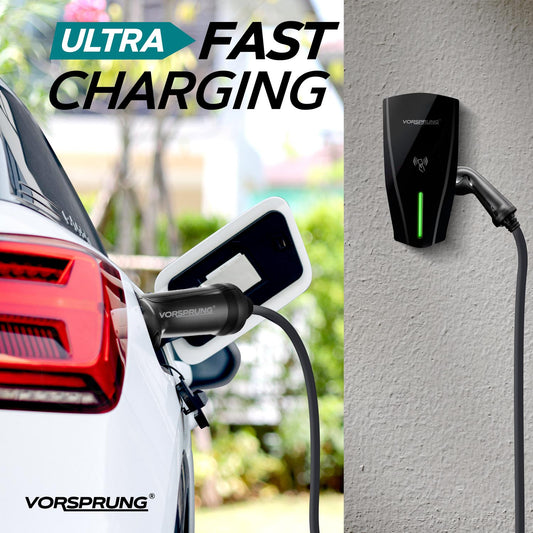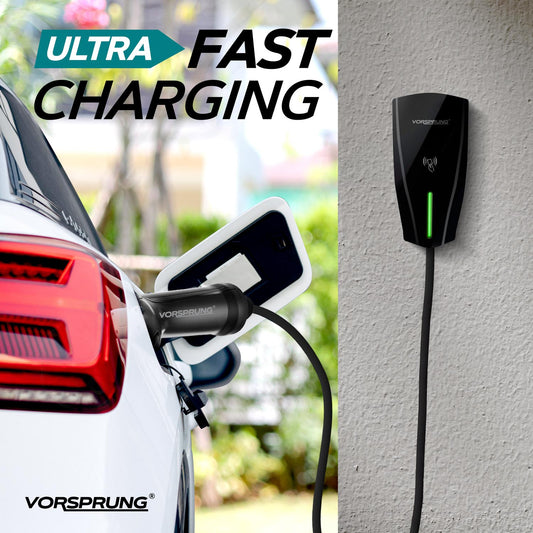
Sweden's Electric Charging Road: A Pioneering Effort to Decarbonize Transportation
Share
Sweden is a world leader in the transition to electric vehicles. In 2021, electric cars accounted for over 20% of all new car sales in the country. But even with this rapid growth, there are still challenges to overcome, such as the limited range of electric vehicles and the lack of charging infrastructure.
One way to address these challenges is to develop electric charging roads. These roads use embedded technology to wirelessly charge electric vehicles as they drive over them. This could potentially eliminate the need for charging stations altogether, making it easier and more convenient for people to switch to electric vehicles.
In 2016, the Swedish Transport Administration (Trafikverket) began a pilot project to test the feasibility of this technology. The pilot project involved a 2-kilometer stretch of road near Stockholm, and it was successfully completed in 2018.
Based on the success of the pilot project, Trafikverket is now planning to build the world's first permanent electric charging road. The road will be located on the E20 motorway between Hallsberg and Örebro, and it is scheduled to be completed in 2027.
The electric charging road will use inductive charging technology. This technology involves embedding coils in the road surface, and then installing a receiver coil in the bottom of the electric vehicle. As the vehicle drives over the coils, an electric current is generated in the receiver coil, which is then used to charge the vehicle's battery.
Inductive charging technology has several advantages over other types of electric vehicle charging technology. It is more efficient than conductive charging, which involves physically connecting the vehicle to a charging station. Inductive charging is also less disruptive to traffic, as there is no need to install charging stations along the road.
The development of electric charging roads is a major step forward in the fight against climate change. By making it easier and more convenient to drive electric vehicles, these roads could help to accelerate the transition to a cleaner transportation system.
In addition to the environmental benefits, electric charging roads could also have a number of economic benefits. For example, they could create jobs in the construction and maintenance of the roads. They could also boost the sales of electric vehicles, which would generate tax revenue for governments.
Of course, there are also some challenges that need to be addressed before electric charging roads can become widespread. One challenge is the cost of the technology. Inductive charging roads are more expensive to build than traditional roads. However, the cost is expected to come down as the technology matures.
Another challenge is the safety of electric charging roads. In order to prevent accidents, the coils in the road surface need to be properly insulated. Trafikverket is working on developing safety standards for electric charging roads, and it is expected that these standards will be in place by the time the first permanent road is built.
Overall, the development of electric charging roads is a promising new technology with the potential to revolutionize transportation. Sweden is leading the way in this field, and it is likely that other countries will follow suit in the years to come.
Here are some additional benefits of electric charging roads:
- They could help to reduce traffic congestion, as electric vehicles would not need to stop to charge as often.
- They could make electric vehicles more accessible to people who live in rural areas, where charging stations are often scarce.
- They could help to reduce the environmental impact of transportation, as electric vehicles produce zero emissions.
Conclusion
The future of electric charging roads is bright. As the technology continues to develop and the cost of the technology comes down, it is likely that electric charging roads will become more widespread in the years to come. This could have a major impact on the transportation sector, and it could help to accelerate the transition to a cleaner and more sustainable future.






